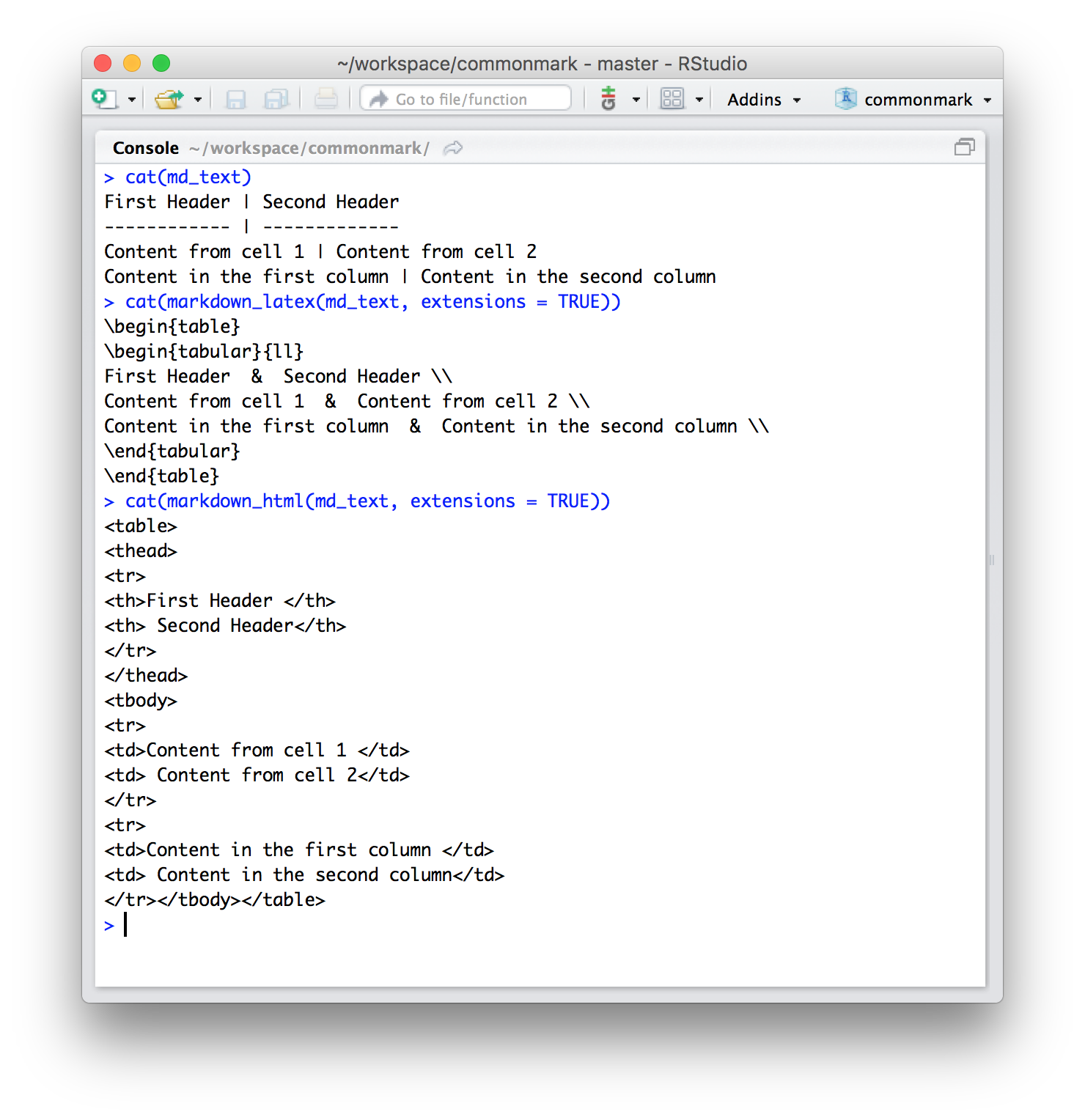The Pandoc CLI by John MacFarlane is a really useful tool: for instance, rOpenSci community manager Yanina Bellini Saibene recently asked Maëlle whether she could convert a Google Document into a Quarto book.Maëlle solved the request with a combination of Pandoc (conversion from docx to HTML then to Markdown through pandoc::pandoc_convert()) and XPath.You can find the resulting experimental package quartificate on GitHub.Pandoc is not only

Whilst working on the blog guide, Stefanie Butland and I consolidated knowledge we had already gained, but it was also the opportunity to up our Rmd/Hugo technical game.Our website uses Hugo but not blogdown 1 to render posts: every post is based on an .md file that is either written directly or knit from an .Rmd file.We wanted to provide clear guidance for both options, and to stick to the well-documented Hugo way of e.g. inserting
Last year we reported on the joy of using commonmark and xml2 to parseMarkdown content, like the source of this website built withHugo, in particular to extractlinks,at the time merely to count them. How about we go a bit further and usethe same approach to find links to be fixed? In this tech note we shallreport our experience using R to find broken/suboptimal links and fixthem. What is a bad URL?
Remember our recent post showing that one can wrangle Markdown filesprogrammatically without regex? Thattech note showed how to convert Markdown bodies to XML in order toextract information from them.

A while ago weonboarded anexciting package, codemetarby Carl Boettiger. codemetar is an R specificinformation collector and parser for the CodeMetaproject. In particular, codemetar candigest metadata about an R package in order to fill the termsrecognized by CodeMeta. This meansextracting information from DESCRIPTION but also from e.g. continuousintegration 1 badges in the README!
You might have read my blog post analyzing the social weather ofrOpenScionboarding,based on a text analysis of GitHub issues. I extracted text out ofMarkdown-formatted threads with regular expressions. I basicallyhammered away at the issues using tools I was familiar with until itworked! Now I know there’s a much better and cleaner way, that I’llpresent in this note. Read on if you want to extract insights abouttext, code, links, etc.

This week the folks at Github have open sourced their fork of libcmark (based on the extensive PR by Mathieu Duponchelle), which they use to render markdown text within documents, issues, comments and anything else on the Github website.